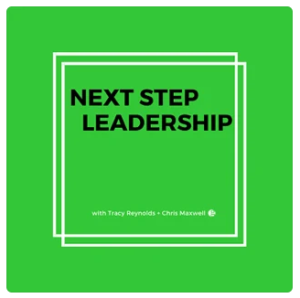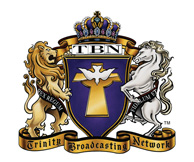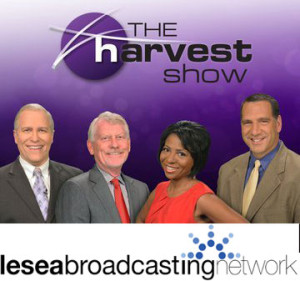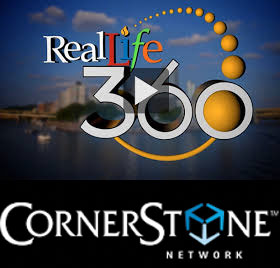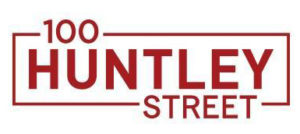This week’s spiritual discipline is self-care. Some people dislike that word and assume it is selfishness. Actually, it is realizing we are people made in the image of God and we should treat ourselves like we really believe that. Today’s blog is from my book Pause With Jesus.
Experts instruct us that a leader must be self-assertive, confident, demanding and direct. Though Jesus exhibited many characteristics we would consider compatible with today’s leadership models, He surprises us with the two traits listed on His résumé. He said He was gentle and humble. How drastically different from qualities expected of contemporary leaders.
Gentleness and humility seem out of character for a king, especially the King of an eternal kingdom. Such qualities score few points on the modern management meter. We look for the driven leaders, even if their driving takes them over the backs of others. If they are determined to make it to the top, we want them on our team.
Jesus said, “I am gentle. I am humble.” The contrast from our assumed traits of leaders is striking. 

His résumé informs potential buyers that He’s considerate, unassuming, and meek. That He’s humble—choosing to take the low road, refusing to promote self. The same word speaks of mountains and hills made low.
Our identity comes from One who described Himself with those two words: gentle, humble.
Jesus elaborated further on Himself and promised that His yoke is easy, His burden is light.
An easy yoke? It fits. It is appropriate. It is not forced. It is practical.
A light burden? Not much weight to it. Not holding us back. Not controlling us.
That is so much what we need in our days of stress and conflict. To stop a moment and consider this option—beside the covered external realities of duties forcing us; beside the compelling inner voices equaling our worth and value to our accomplishments—offers peace, hope, healing. We might not be able to stop today’s schedule, but we can choose to enter a new perspective toward what we are carrying.
So that is our leader, Jesus. He described Himself as a gentle, humble man who has for His followers a properly fitting yoke and an easy to carry burden.
After revealing His qualifications as the inviter, Jesus told who He welcomes. The invitation reads: “to the weary and burdened.”
Whoever is tired and exhausted. Whoever has a schedule too full that there’s no time for self-care. Whoever continues going and going and going and going with no end in sight. Whoever has pursued that dream they thought was promised to them but never arrived. Whoever kept their own part of a promise but was lied to on the other side. Whoever can’t sleep at night. Whoever can’t stop eating. Whoever is afraid to eat at all because of the weight that might come with it. Whoever stares at their stats of success and thinks, Is this all there is? Whoever hopes no one ever really gets to know them.
The traditional wording of this verse, “those who labor and are heavy laden” (Matthew 11: 28, KJV), paints an accurate picture of Christ’s intent. The invitation goes out to those who labor in the service of formal religion, those who labor to satisfy or justify themselves, those who feel like they must always prove something, those who must reach that next goal, those who push and shove and drive and demand, those who are doing too much for many wrong reasons. There are many types of labor that place us in the position to be qualified for this invitation.
Think of your life and your labors. In what ways are you burdened? Religious activity? Damaging habits? Self-hate? Depression? Guilt? Fear? Loneliness? Dependence? Confusion? Isolation? Denial? Refusal to seek help? Refusal to face reality? Refusal to accept forgiveness? Choosing very little self-care? Allowing emotions to control decisions? Abuse you received many years ago? Abuse you are still receiving? Church wounds? Pornography? Substance abuse? Side-effects of medications? Finances? Politics? Giving up? The future? Negativity? Harshness? Disorganization?
Add your own weights to the list. Add your burdens, your responses to your burdens, your method of adding new burdens to deal with burdens you’ve held a long time.
Whatever the source of weariness for you, please realize an invitation has been spoken by the gentle and humble Savior. He can alleviate the crushing load of guilt. He can calm the storm of fear. He can free us from the prison of habit.
In this long journey of life, we are people desperate for someone to do just that.
I’ll not, however, make it sound like a quick, easy, emotional high. No, it is better than that. It is taking what we are reading here, pursuing Christ in a new way, and receiving this as reality. It is a journey—a process of choosing to become better aware of ourselves, of choosing to know we are people in need of help, of choosing to obtain help from Jesus by spending time with Him rather than attempting performances for Him.
Let His first three words become our life words: Come to Me. Come, He invites us. To Him, He invites us.
In all of today’s commotion, hear Him near you. Imagine a gentle, caring, loving facial expression. Envision a smile—a true smile. See His eyes looking directly at you—not controlling but caring, not judging but inviting.
Inviting us.
Inviting us now.
